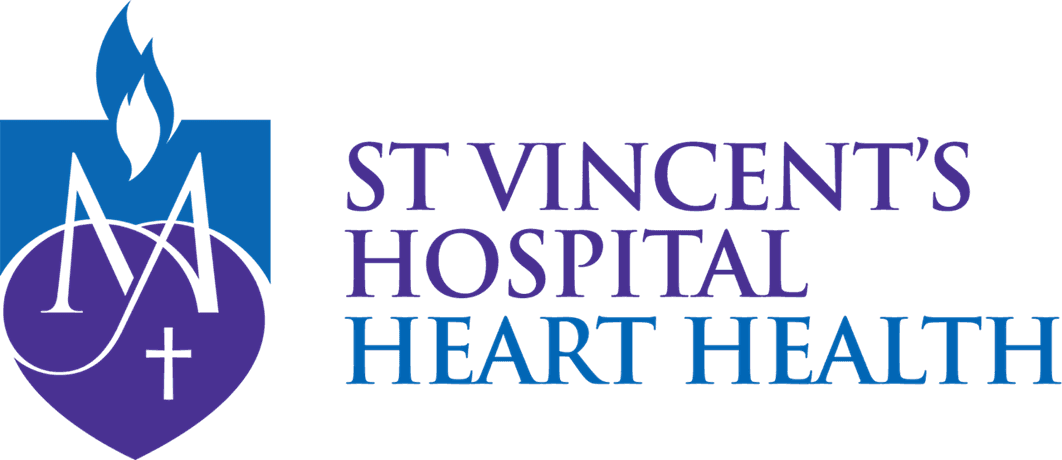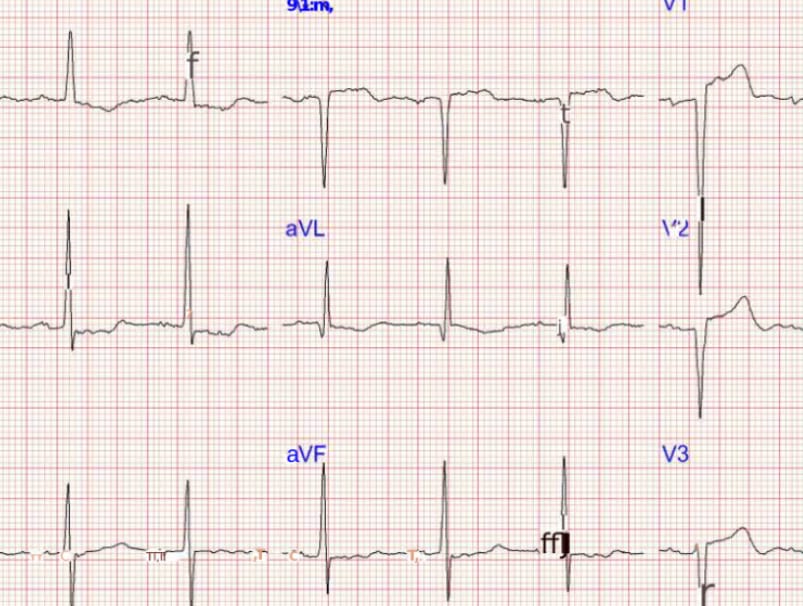Chest pain is a concerning symptom that can be due to a wide range of causes. Each cause of chest pain has very different implications and treatments.
Coronary Disease
The build up of cholesterol, inflammatory cells and other abnormal material within the wall of an artery is termed atherosclerosis. As cholesterol deposits in the arteries around the heart increase in size they can cause a blockage to the normal blood flow resulting in chest pain when the heart’s oxygen demands are increased. The areas of atherosclerosis may also break open or erode, causing clotting which can result in heart attacks. The early diagnosis of atherosclerosis and coronary artery disease is vital importance in order to prevent future cardiovascular events.
Aortic disease
Several conditions may affect the aorta, or main vessel that comes from the heart, resulting in chest pain. These conditions can be associated with abnormal heart valves (like a bicuspid aortic valve), genetic conditions or high blood pressure.
Pericarditis
Inflammation of the lining of the heart can lead to fluid build up around the heart and also cause significant pain. Pericarditis can be caused by viral infections, autoimmune diseases and metabolic disorders such as renal failure. Pericarditis may be associated with myocarditis, or inflammation of the heart muscle itself. Diagnosis of this condition is important as it can result in damage to the heart abnormalities in the heart rhythm.
Non-cardiac chest pain
Many areas of the chest and abdomen may result in chest pain. Many of these conditions such as pulmonary embolism, pleurisy and pancreatitis require urgent assessment and treatment.
For further information please click on the links below:
 What is coronary heart disease?
What is coronary heart disease? Coronary Artery Disease - "Heart Disease"
Coronary Artery Disease - "Heart Disease"Have Questions?
Make an Appointment to get all your cardiology questions answered by our experienced team
Quick and Easy Consultation & Referral Process

